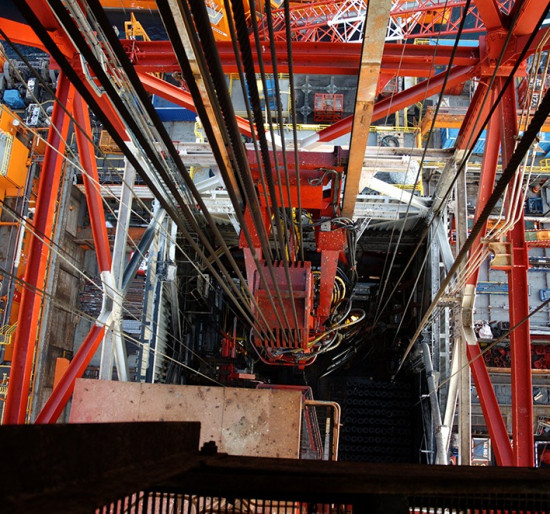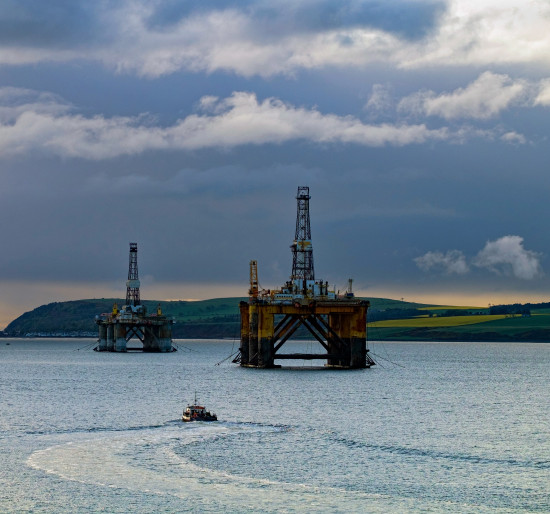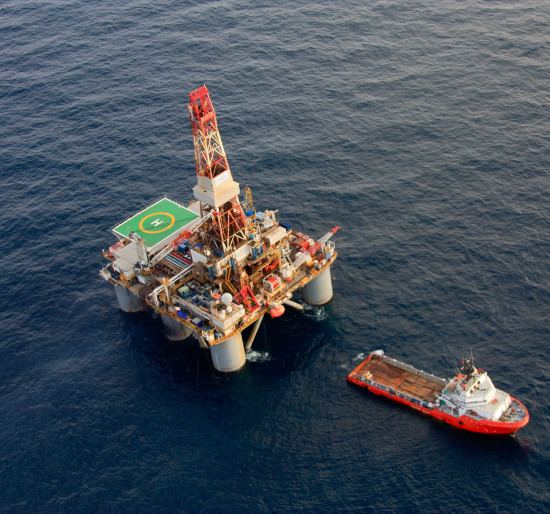Standardising a fleet’s emergency procedures
Oil & gasGlobal operations require negotiating a patchwork of national regulations.
Deepwater drilling contractor Seadrill asked Marex to standardise their emergency response procedures to maintain a practical tool that was compliant to specific local regulatory requirements.

The story of Seadrill
Seadrill operates one of the youngest fleets of mobile offshore drilling units, managed by a highly trained and experienced team.
The modern fleet has the scale, footprint and flexibility to meet the needs of their customers in harsh and benign environments.
Safety remains front and centre for Seadrill. They have an experienced and diverse workforce, coupled with industry-leading training to attract, develop and promote talent and uphold a proven safety track record.
The challenge of standardising global procedures
The Seadrill fleet operates globally, across a number of different coastal states, each of which are subject to a specific set of national regulations.

Seadrill approached Marex to assist in a project to standardise the offshore emergency response plans (ERP) for their fleet.
A key requirement was that the ERPs should be standardised as much as possible within the bounds of the specific local regulatory requirements and be a practical tool which can be used by offshore command teams in an emergency situation.
It was seen as important that a consistent standard was applied so team members moving between mobile offshore drilling units (MODUs) and regions should remain familiar with the concept and structure of the ERP.
Why Seadrill chose Marex
We have a long-term working relationship with Seadrill over a number of years through the delivery of health, safety and environmental (HSE) case and risk management support.

Through this experience, Seadrill recognised that the robust and thorough approach taken by Marex would be ideally suited to the task of ensuring that a consistent standard is applied to the development of the emergency response plans across the fleet.
How Marex responded
Marex consultants initially performed a review of the plans in place across the fleet and of the proposed new ERP template in terms of practicality and usefulness.
Working with the client, a revised template was established which contained practical, time-based response plans for all of the identified major accident hazardous events.
Marex then rolled out the new ERPs across the fleet, region by region, on a schedule agreed with the client.

Our consultants engaged with the local HSE manager and MODU onboard management to explain details of the new ERP template. They then worked with the team to make sure the plans accurately reflected onboard equipment and procedures prior to publication.
The results
Our consultants successfully delivered the rollout of the new ERPs on time and on budget, while at the same time meeting the key objective of achieving a consistent approach to the management and coordination of major accident events across the Seadrill fleet.










